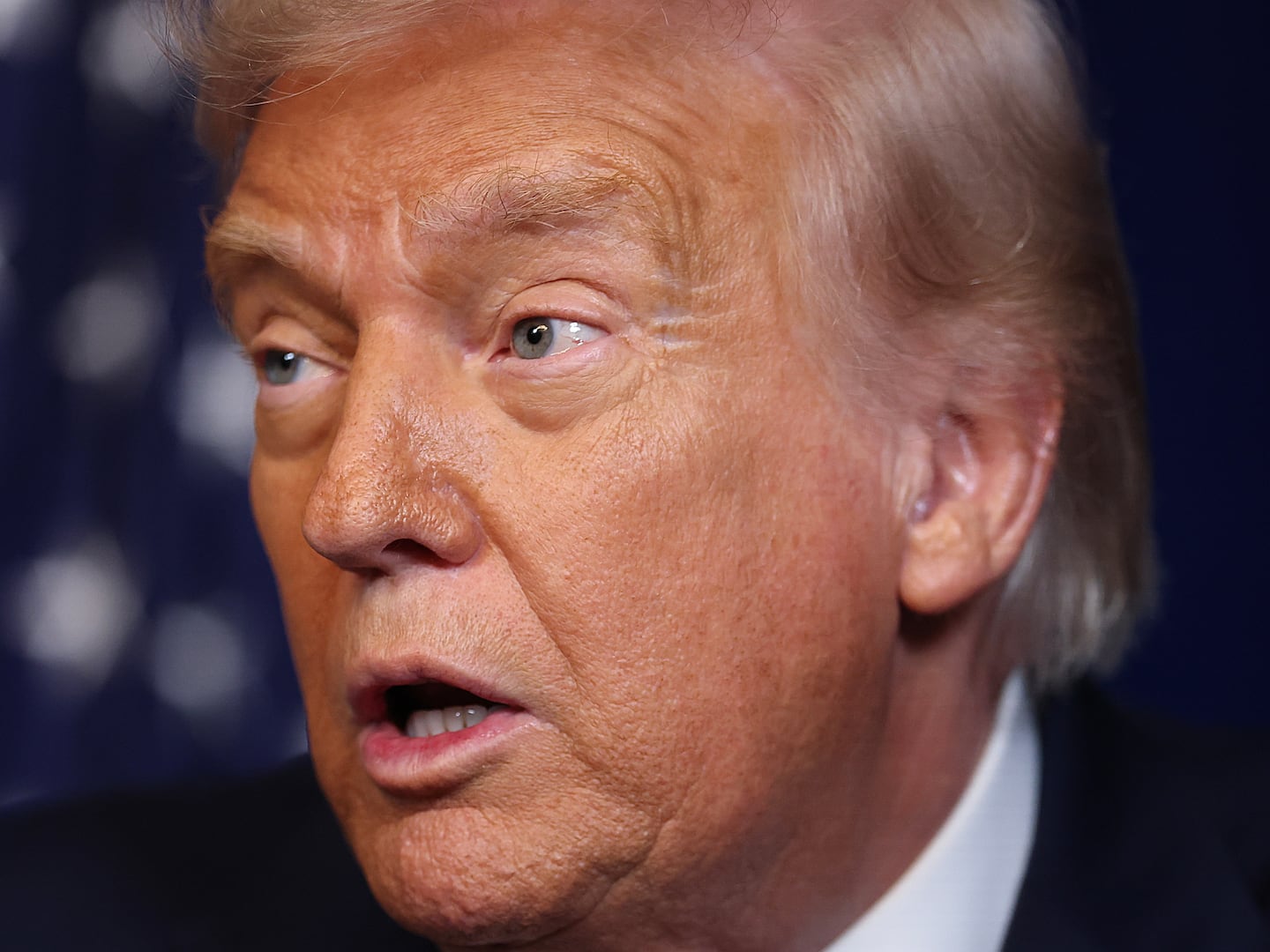MATARA, Iraq — On the volatile front lines facing the so-called Islamic State outside the northern Iraqi city of Kirkuk, American military personnel have been coordinating with the Kurdistan Workers Party (PKK), according to a local commander from the left-wing guerrilla group that is still on the U.S. State Department list of foreign terrorist organizations.
Ageed Kalary commands a unit of about 30 PKK fighters positioned some 500 meters from the front. He claims that he has met with U.S. military personnel accompanying commanders from Iraq’s Kurdish Regional Government, whose soldiers are known as the Peshmerga, and which has strong, open American support. The last direct encounter, he said, was in December. But the coordination does not have to be face to face.
“The Americans tell us what they need and share information but there is no formal agreement,” he says about the U.S. military’s interaction with a group that earned its “terrorist” label for the tactics it employed in its 29-year armed struggle against Turkish rule.
The PKK’s dug-out fortifications on the flats of the Little Zab River are shared with a Kurdish unit of the Iraqi army and all are in the line of fire for snipers of the self-proclaimed Islamic State, also known as ISIS. The winding front is reinforced by a mix of Kurdish Peshmerga units, PKK, Kurds equipped by the Iraqi army and Shia militias, while the U.S. provides logistical support and airstrikes to keep most of northern Iraq’s richest oil region from the clutches of the jihadists.
While the U.S. military affirms it shares information and provides advisory support for various Kurdish security forces through a Joint Operations Center in Erbil, the Iraqi Kurdish capital, the U.S. maintains that the foreign terrorist organization designation of the PKK remains unchanged—which on paper ought to mean no contact.
However, U.S. Central Command spokesperson Mark Blackington doesn’t outright deny that there has been coordination with PKK fighters in Iraq. Instead he calls Kalary’s description of “cooperation” as a “mischaracterization.” He then declines to characterize it further.
PKK guerrillas entered Iraq in the summer of 2014 to bolster Kurdish forces battling to repel ISIS’s rapid advance. From Kirkuk to Mount Sinjar these fighters—equipped with light arms and using hit-and-run tactics—have been essential to halting the bloody advance of the sectarian fundamentalists who have carried out gruesome atrocities and left mass graves of civilians in their wake.
From playing a pivotal role on the Kirkuk front to training Yazidi fighters on Mount Sinjar while their units help secure and retake territory there, the PKK continues to be active in the broader Kurdish offensive.
Kalary and his fighters crossed into Iraq from the mountainous border region between Turkey, Iran, and Iraq last July and he argues that his forces’ style of irregular warfare is the most effective against brazen and determined jihadists. He is quick to note that it is the experience of fighting the Turkish army in the mountains that has given his troops an edge taking on ISIS.
The PKK fighters, clad in olive green uniforms, peer over sandbagged fortifications with their Kalashnikovs at the ready as they scour the landscape for any enemy movement. The fighting outside the walls of the base flares up in fits and bursts.
Sitting cross-legged on a mattress in his front line barracks, an M16 resting in the corner and a yellow flag bearing the face of his movement’s jailed leader Abdullah Ocalan overhead, Kalary bristles at the mention of his organization’s classification as “terrorist.”
“We are fighting for our freedom and it’s wrong for them to call us terrorists,” argues the grizzled fighter. He describes the advance of the Islamic State as the biggest enemy Kurds and the world face today and complains that being labeled a terrorist group makes it more difficult to fight it, hampering access to needed arms and equipment.
The PKK’s sister organization in Syria, the YPG, benefitted from the support of U.S. airstrikes during the desperate battle for Kobani last year. The YPG received U.S. arms as well. But Kalary says that the U.S. has not given the PKK similar support, and he is a realist about this contradictory interaction.
“These decisions are based on [U.S.] benefits and interests,” he says, sketching a relationship where the U.S. sees his fighters as an enemy of its enemy rather than a potential partner.
Regardless of the role the PKK is playing in Iraq, American relations with the Turkish-based organization will be difficult as long as Ankara, a key NATO ally, bans the organization. Ocalan continues to sit in a Turkish prison for his group’s many attacks targeting the Turkish military and civilians.
The 29-year Kurdish insurgency, fought for political and cultural self-determination, saw brutal Turkish military repression of Kurds in the country’s southeast as Kurdish guerrillas fought from the mountains and carried out bombings and assassinations around the country. While the armed campaign in Turkey has been shelved for shaky peace talks that started last year, the PKK’s political goals remain, and its calls for local democratic control apply to Kurdish communities in Iraq, Syria and Iran as well. It will be a long road to reconciliation.
Although the U.S. is under pressure to protect the interests of its NATO partner, in Erbil there is increasing pressure for the PKK and U.S.- backed Peshmerga forces from the regional government to work more closely together. Right now the various Kurdish groups coordinate on the battlefield but maintain separate command structures.
“We need a joint command between the Peshmerga and the guerrillas,” says Nilufer Koc, a co-chairperson for the Kurdistan National Congress. She speaks to The Daily Beast over cups of sugary Kurdish tea in the living room of her Erbil residence, representing an umbrella organization of Kurdish communities that span the borders of Iraq, Iran, Turkey, and Syria. The organization has strong PKK backing.
Koc argues that with ISIS reshaping the borders of the Middle East and Kurdish forces crossing the Turkish and Syrian borders to repel it, the map of the region is being redrawn and full inclusion of all Kurdish groups is essential to victory.
Still, as long as there is no resolution between Turkey and the PKK, the contradiction between official U.S. policy and action in northern Iraq is unlikely to change, and the opportunity for jihadists to exploit these divisions will remain.





